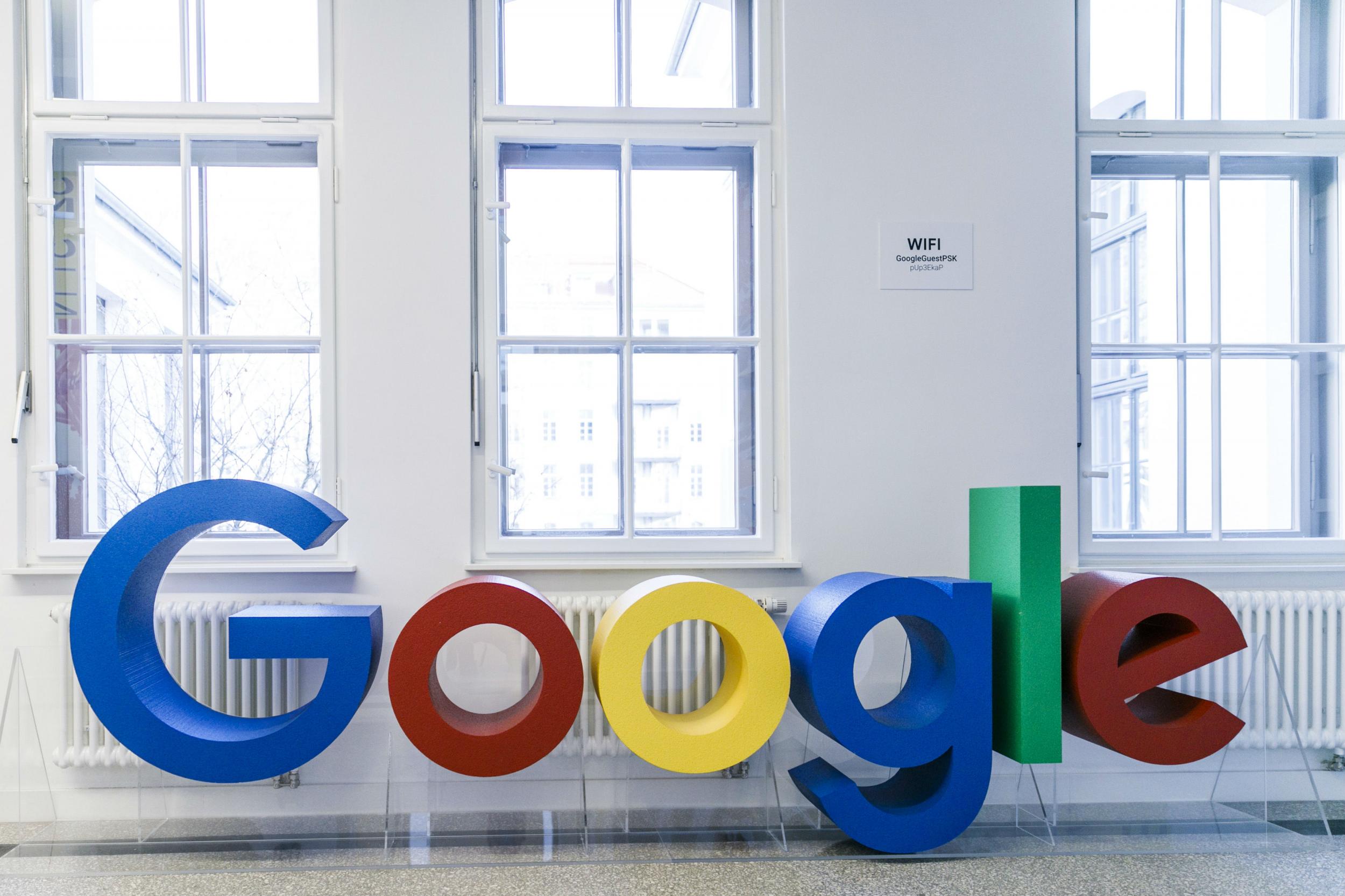Alphabet results: Google parent's stock drops after earnings fail to meet expectations amid EU fine
The company is being punished over anticompetitive advertising restrictions it featured on search widgets.

A massive fine by the European Commission hampered first quarter revenue for Google’s parent company, Alphabet.
The company reported Monday a net income of $6.66bn (£5.1bn) over three months ending 31 March, a decline of nearly 29 per cent from the prior year.
The drop in profits arrived after the Commission punished Alphabet over its anticompetitive advertising restrictions which the company reportedly featured on its search widgets.
The company also slightly missed its expected revenue figures, announcing a 16.7 per cent increase to $36.34bn (£28.1bn).
Alphabet earned shares of $11.90 (£9.20) each when excluding the fine, Reuters reported.
Still, the latest penalty isn’t likely to have much effect on Google’s business. It involves practices the company says it already ended, and the sum is just a fraction of the $31bn (£24bn) in profit that Alphabet made last year.
The EU ruling applies to a narrow portion of Google’s ad business: when Google sells ads next to Google search results on third-party websites.
Investigators found that Google inserted exclusivity clauses in its contracts that barred these websites from running similarly placed ads sold by Google’s rivals.
As a result, advertisers and website owners “had less choice and likely faced higher prices that would be passed on to consumers,” said the EU’s competition commissioner, Margrethe Vestager.
Anyone who suffered from Google’s behaviour can seek compensation through national courts, she said.
EU regulators opened their investigation in 2016 — seven years after Microsoft filed a complaint — though by that time, Google had already made some changes to give customers more freedom to show competing ads. For that reason, regulators did not require a specific remedy to restore competition.
Additional reporting by AP
Join our commenting forum
Join thought-provoking conversations, follow other Independent readers and see their replies
Comments